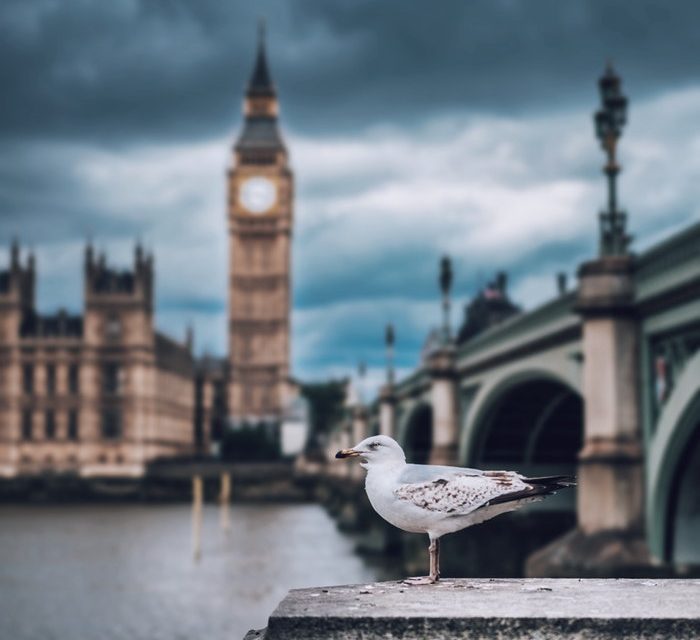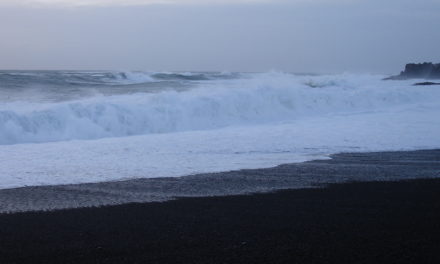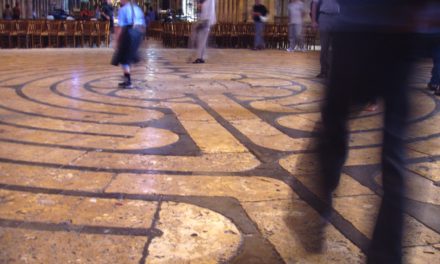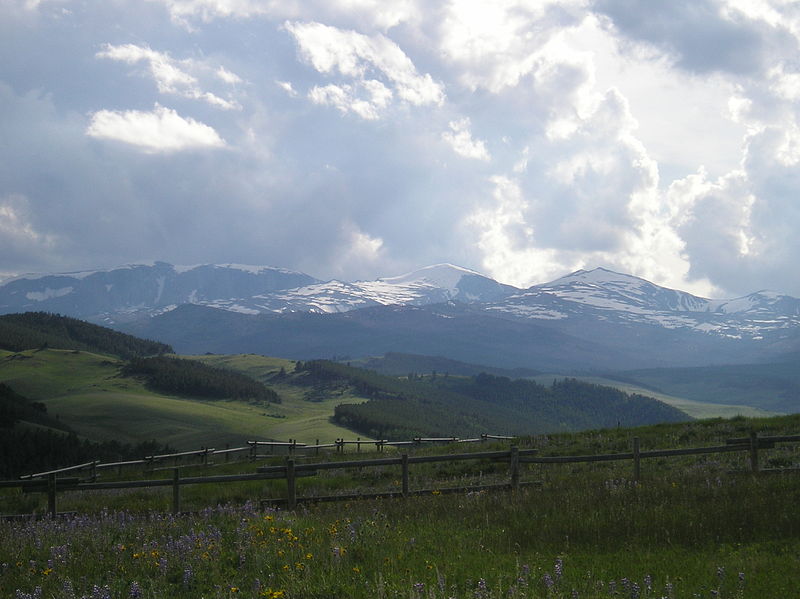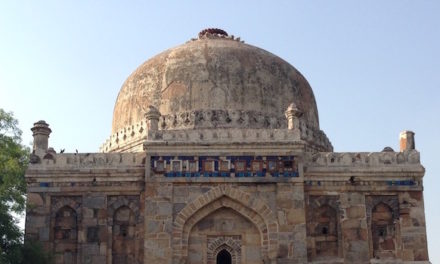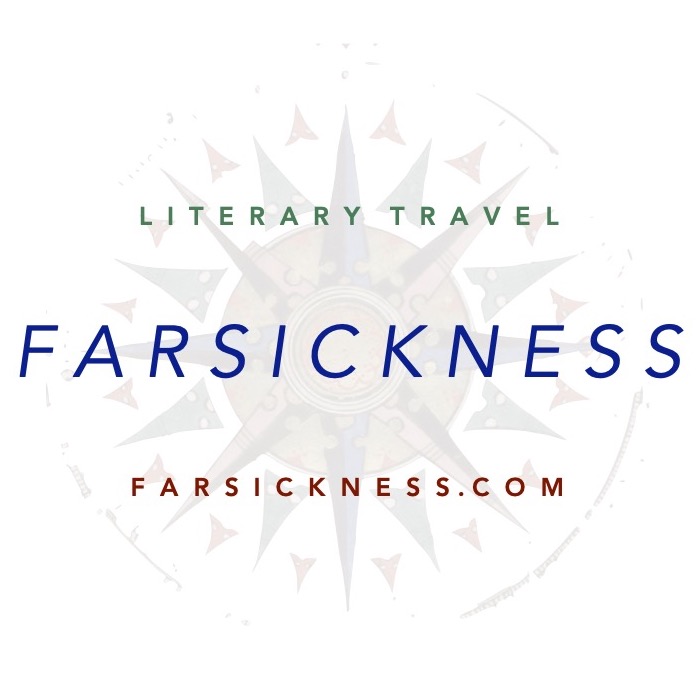Four Questions on Farsickness is an interview series with creative writers for whom place is essential to their work. Each writer answers the same four questions—and featured here is novelist and poet Patrick Hicks, whose latest book is Library of the Mind: New and Selected Poems (Salmon Poetry, 2019).
1. Share a little about where you’re from. When you were growing up, what place—real or imagined—most fascinated you, and why?
I’m originally from the Twin Cities, and I’m the child of an immigrant. My mother was born and raised in Northern Ireland, so when I was growing up I was interested in the country she called home. It seemed very strange to me that you could have two homes—one in America, and one in Ireland. She used the word “home” for both countries and, of course, during my childhood, Northern Ireland was in the news a lot due to the Troubles. I just couldn’t understand why car bombs were going off and why men with machine guns hunted each other at night. I guess you could say that from the very beginning my imagination was pulled beyond the shores of the United States. And when I finally visited Belfast for the first time—at the age of sixteen—it was my first experience of political violence. I think being the child of an immigrant means that you’re hardwired with a sense of farsickness. There’s a longing for that other home, that other culture.
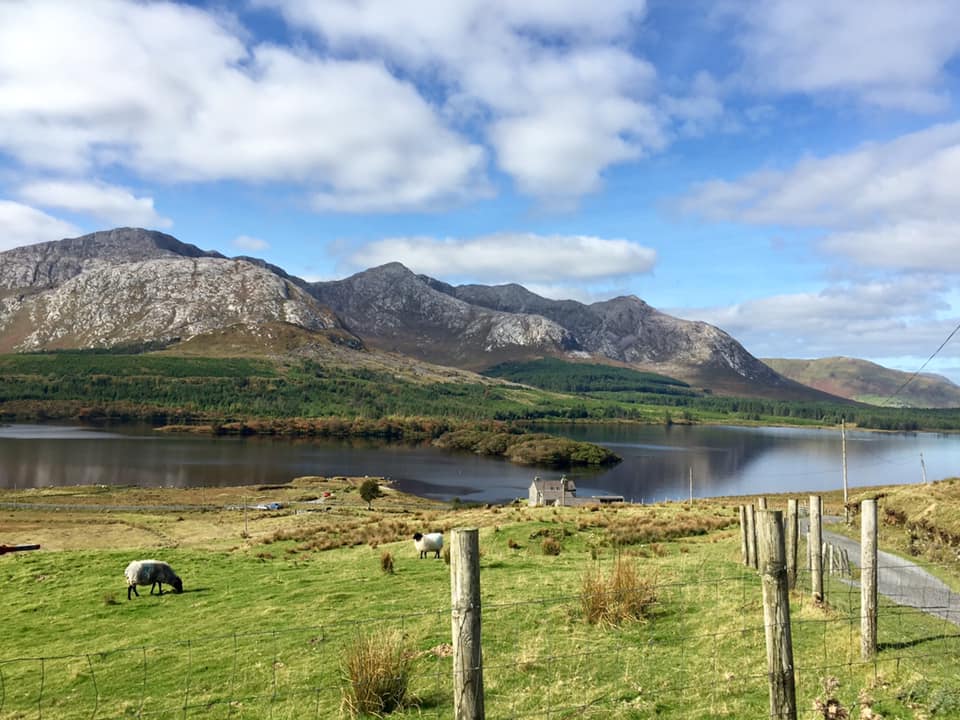 Irish coast (Credit: Erin Crowder)
Irish coast (Credit: Erin Crowder)
2. What travel has been a particular inspiration to your work?
If I close my eyes, I can still recall the first time I saw London. I’d never been anywhere that dazzled me so much: the history, the tube, and all those parks. Because I love London, no one was surprised that my second poetry collection was all about that magnificent city. I had fun writing This London, not least of which because it meant seeing parts of the city I hadn’t yet explored. That word in your question though—“inspiration”—is an interesting one because there are other places that have also deeply influenced my work. For example, I couldn’t have written The Commandant of Lubizec if I hadn’t walked the soil of Auschwitz, Treblinka, and Majdanek. We like to think of travel and inspiration as positive things, but being in those Nazi death camps…it forced me to write about what I saw. I just had to bear witness. That, too, is a type of inspiration, or at least a type of compulsion. Sometimes travel has taken me to some very dark places. And yet, if I’m going to write about the Holocaust, these are places I had to step into.
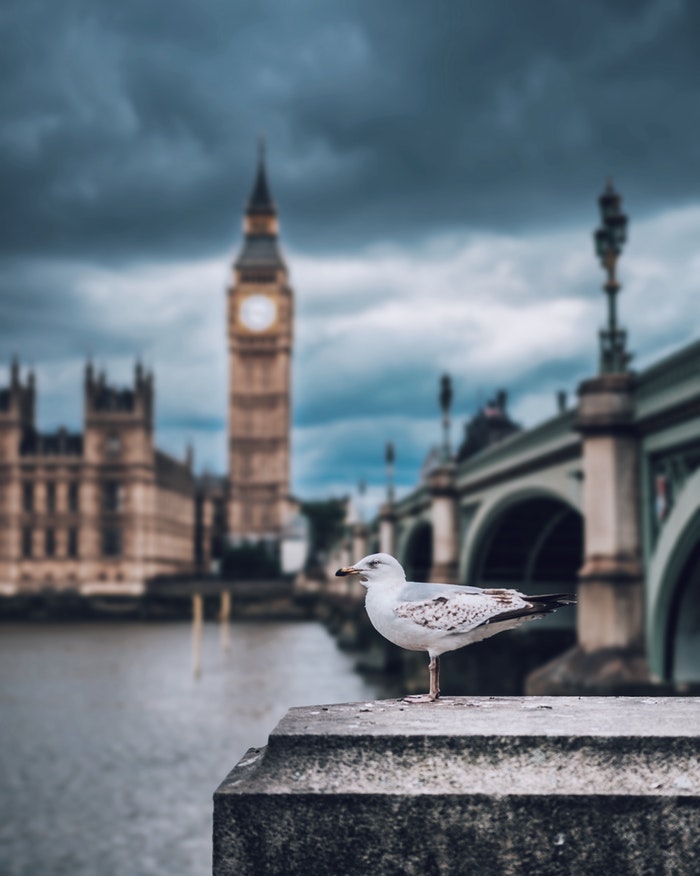 Seagull and Big Ben (Credit: Tom Parsons via Unsplash)
Seagull and Big Ben (Credit: Tom Parsons via Unsplash)
3. Where do you “escape to” to recharge creativity?
London, for sure. I love wandering the streets and being aware that I’m literally walking in the footsteps of some of the greatest writers in the English language. I find that both humbling and empowering. But I also love the solitude and overwhelming beauty of the North Shore of Minnesota. It’s a real joy to be in a small cabin, maybe with a fire crackling in a wood stove, and to look out at the dark grey waves of Lake Superior. That’s a little slice of heaven right there. I feel the same way about staying in a cottage in the Irish countryside.
4. Where would you most like to travel to next?
I became an Irish citizen 25 years ago, and this allowed me to spend most of my twenties living in Ireland, England, Germany, and Spain. Even though I’ve now returned to my roots in the Midwest, I still love to travel internationally. In fact, I just returned from Jerusalem not that long ago—what an amazing and ancient city. My wife is from England, so we often return to the UK, and my son was adopted from South Korea so we visited Seoul a few years ago. We’ll return again sometime soon because we want him to have childhood memories of his birth country. I’d also love to visit Vietnam, India, and New Zealand. I just love to travel. I get this heightened sense of awareness and of being alive. The world is too big for one lifetime, though. We can only see so much. How lucky are we that we can get on a plane and explore it?
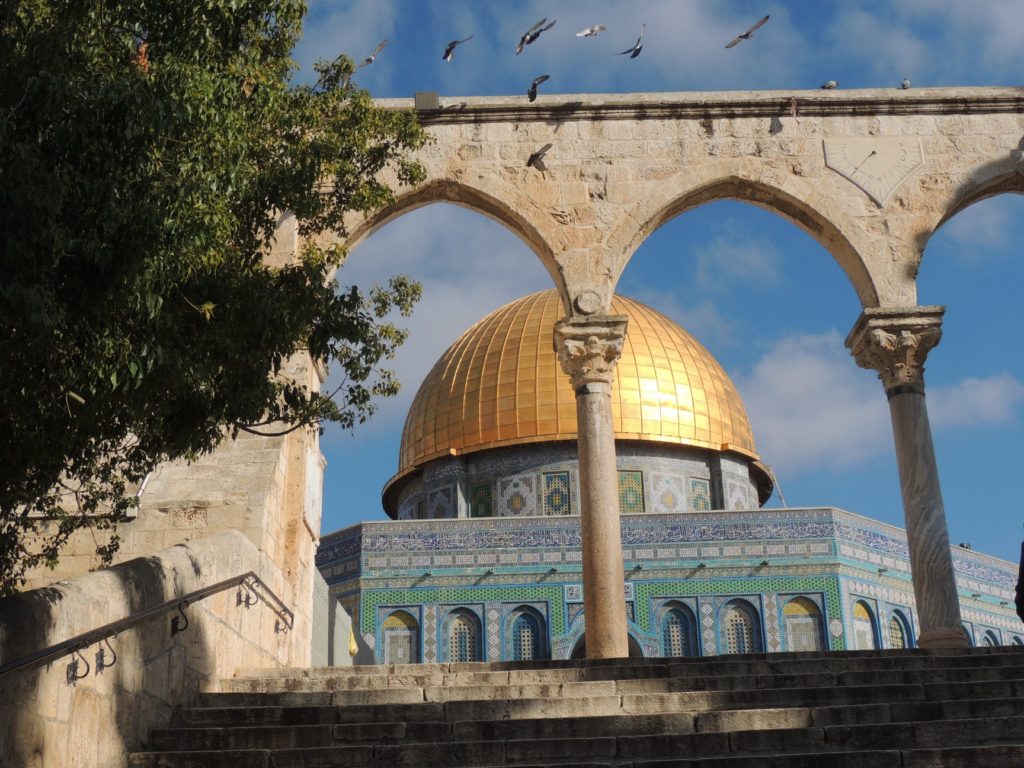 Dome of the Rock, Jerusalem (Credit: Patrick Hicks)
Dome of the Rock, Jerusalem (Credit: Patrick Hicks)
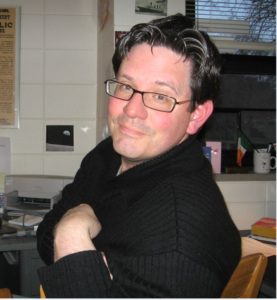 Patrick Hicks is the author of several books, including The Collector of Names, Adoptable, and This London—he also wrote the critically and popularly acclaimed novel, The Commandant of Lubizec. His poetry has appeared on NPR, The PBS NewsHour, American Life in Poetry, and his first novel was selected for National Reading Group Month. He is the recipient of a number of grants and fellowships, including awards from the Bush Artist Foundation, the Loft Literary Center, and the National Endowment for the Humanities. He was recently a finalist for an Emmy, and he is the radio host of Poetry from Studio 47. A dual-citizen of Ireland and America, he is the Writer-in-Residence at Augustana University as well as a faculty member at the MFA program at Sierra Nevada College. His latest book is Library of the Mind: New & Selected Poems (Salmon Poetry, 2019). Find him online at www.patrickhicks.org.
Patrick Hicks is the author of several books, including The Collector of Names, Adoptable, and This London—he also wrote the critically and popularly acclaimed novel, The Commandant of Lubizec. His poetry has appeared on NPR, The PBS NewsHour, American Life in Poetry, and his first novel was selected for National Reading Group Month. He is the recipient of a number of grants and fellowships, including awards from the Bush Artist Foundation, the Loft Literary Center, and the National Endowment for the Humanities. He was recently a finalist for an Emmy, and he is the radio host of Poetry from Studio 47. A dual-citizen of Ireland and America, he is the Writer-in-Residence at Augustana University as well as a faculty member at the MFA program at Sierra Nevada College. His latest book is Library of the Mind: New & Selected Poems (Salmon Poetry, 2019). Find him online at www.patrickhicks.org.

